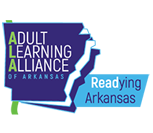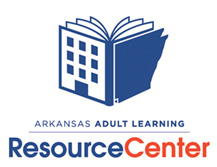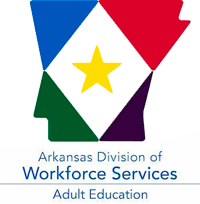A special thank you to Heather Powell for her guidance and input for this post.
Laubach is the backbone curriculum for many agencies and tutors. It has served many adults in reaching their literacy goals for over 65 years. In today’s post we will share some of the considerations one should take when considering Laubach. To learn more about choosing between the 4 primary literacy curricula New Readers Press has created, check out this article, How Do I Choose Which Reading Series To Use.
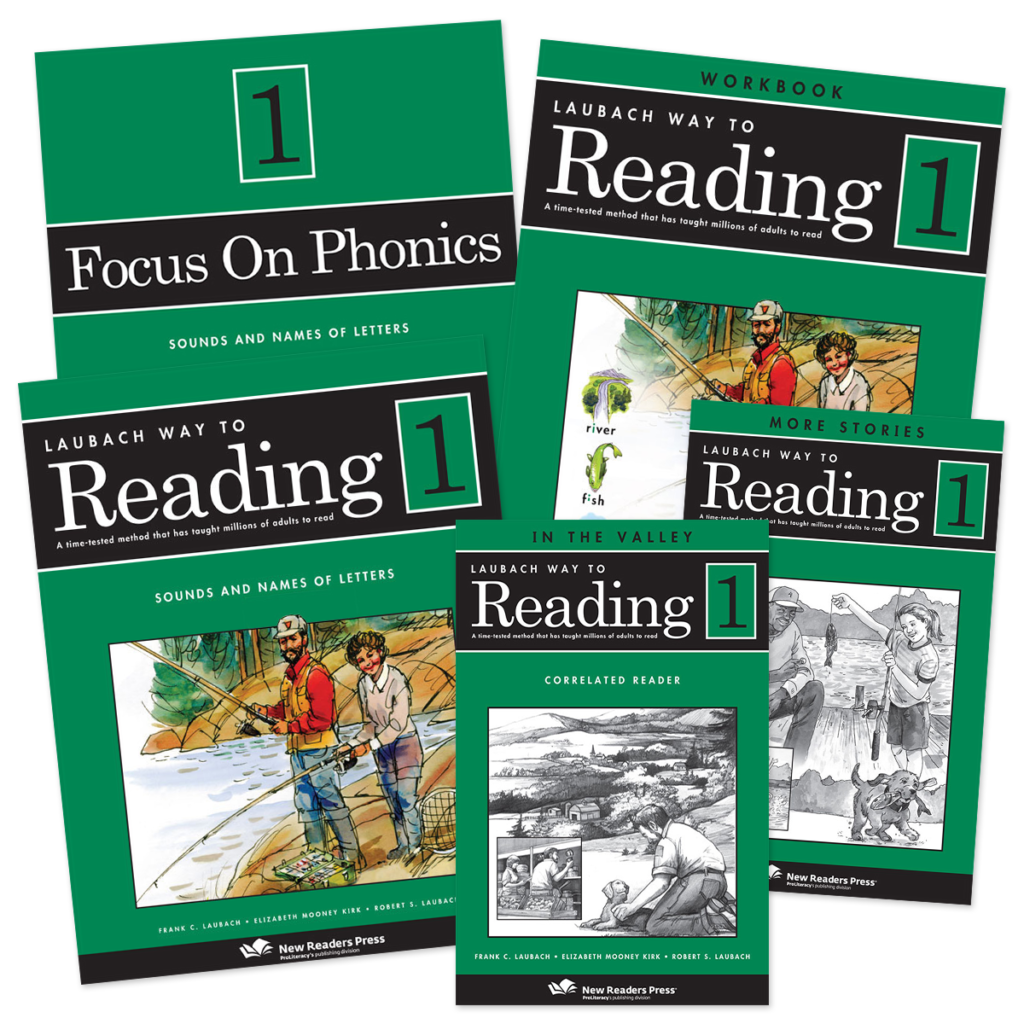
Laubach has its own reliable screener and complete assessment for choosing which level to work on. This is especially helpful with a completely new student or when the student’s ability level is less clear. It also has assessments for each book upon completion.
It is also important to understand that this series has a manual and separate lessons for native English speakers learning to read and those learning English as a second language. The LWE (English) begins with six lessons (A-F) that do address reading skills. These lessons build a vocabulary for communication and familiarity. The ESL student needs to learn a little conversation and vocabulary for communication, first. The reading begins in lesson one, after the keyword vocabulary is introduced. From Lesson 1 forward, each lesson starts with all of the conversation components learned in lessons A-F. This allows for consistency and familiarity. ESL students do not necessarily know how to put English together, yet, and the conversation and dialog help to reinforce those patterns.
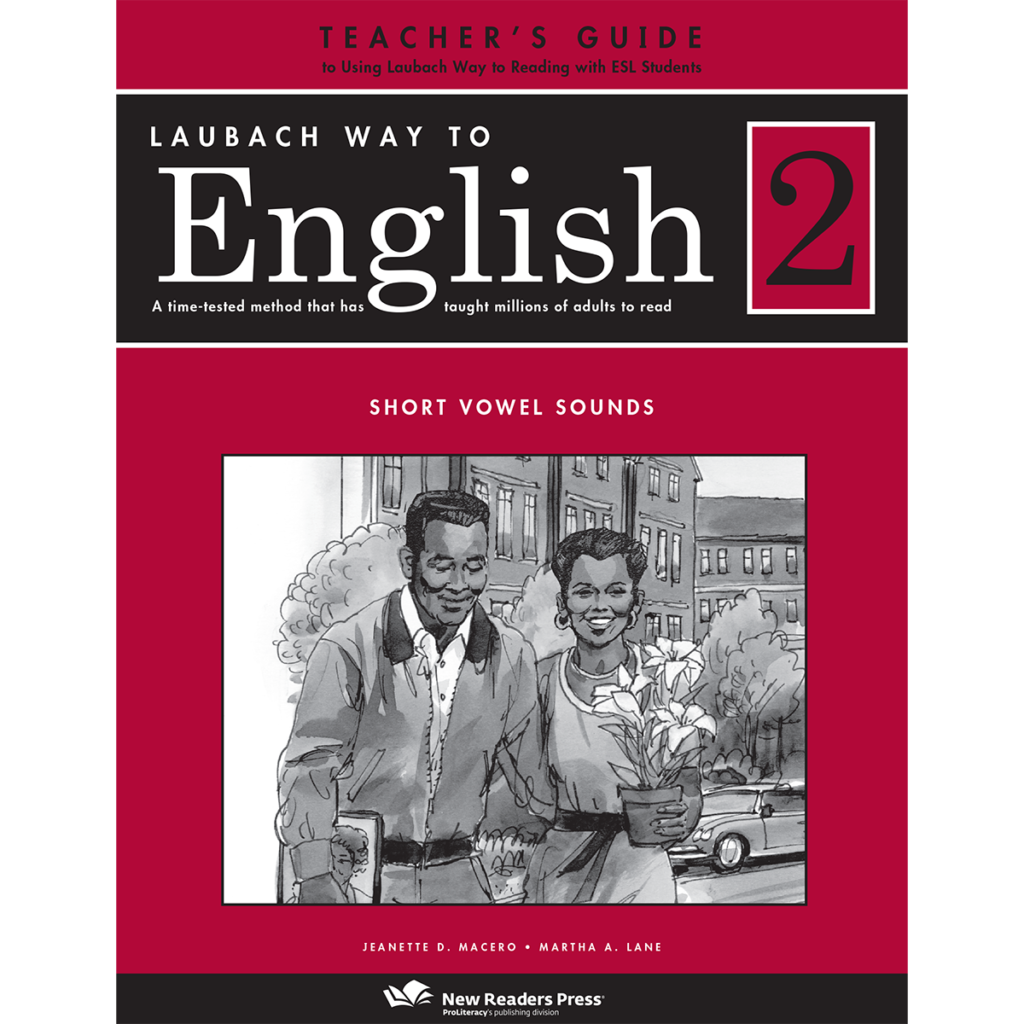
Historically, many people who begin their literacy journey as an adult have undiagnosed or unaddressed learning disabilities, including dyslexia. While not designed to be a program for dyslexia services, the format and pace of the program often provides strong support for adults in that category. However, if the student has a strong foundation in phonics, knows most sight words, and has good phonemic awareness (ability to hear and dissect words), Laubach may not move at a quick enough pace.
While most adults who struggle with literacy have some basic skills, Laubach is a great program for those starting at the very beginning. This can be especially true of English language learners whose native language does not use a letter system similar to English. For example, Spanish speakers who read well in Spanish may find our phonics similar enough to move quickly. However, if the student’s native language is Korean, it may be wise to start with Laubach Way To English since the letters and phonics system is so different.
Laubach has a complete set of student books for the learner to practice more than just phonics and basic comprehension. Beyond the student workbook, there is ample opportunity to practice print and cursive, reading for pleasure, and vocabulary development. For some students, the vocabulary is limited and less responsive to context. Also, the majority of reading is fiction. This may not be a good fit for some students and limits the opportunity to practice highly relevant reading such as owner’s manuals. New Readers Press has another curriculum, Challenger, that overlaps with the end of LWR level 4. This provides an opportunity for supplemental, slightly more challenging, reading practice.
Many tutors like a lot of guidance and structure. Laubach manuals are very specific and scripted. There is a different manual for those teaching an adult to read and those teaching some English as a second language. The Laubach program has a concurrent, companion curriculum, Focus on Phonics, that is just for phonics. There is also extensive training available online and sometimes in person. Some tutors find this overwhelming, so they go “off script” or make adjustments. Others simply choose another curriculum. AA
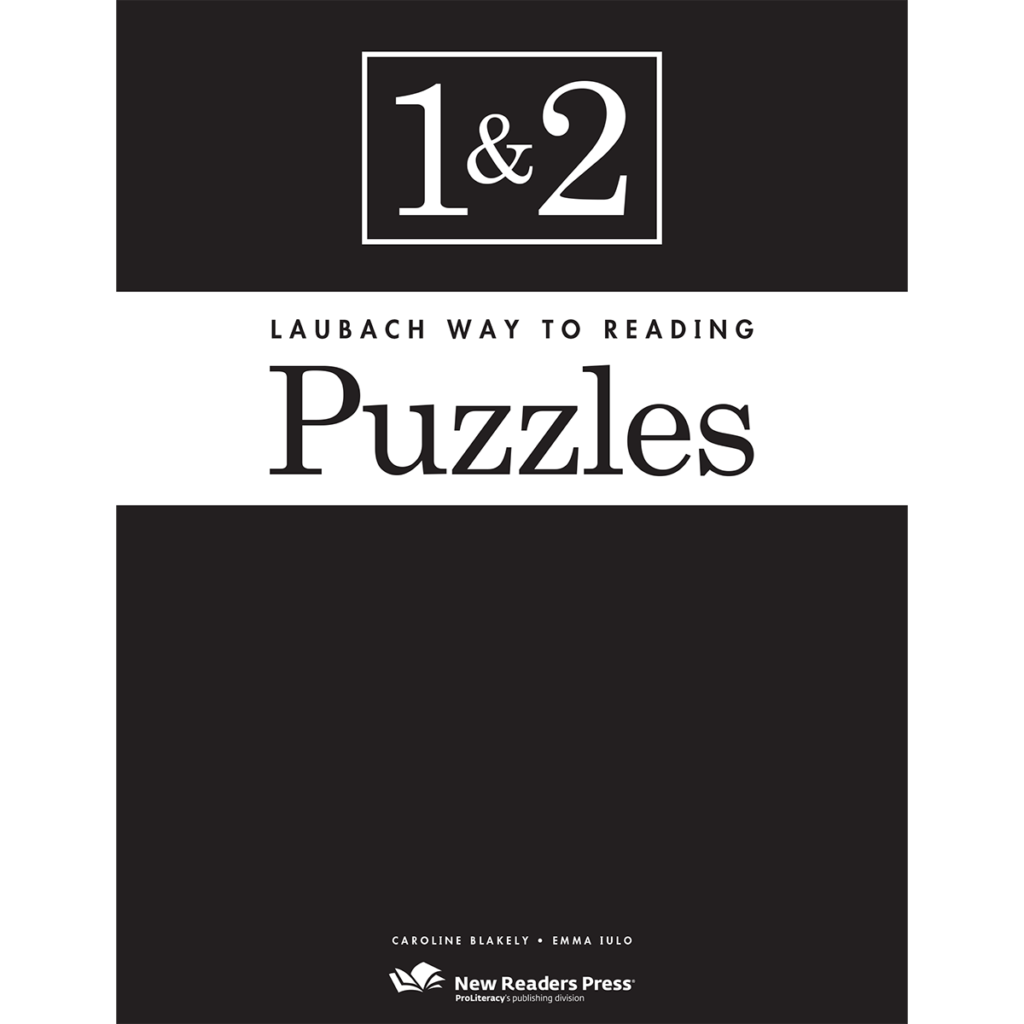
Laubach has some great extras, such as puzzle books and More Stories. This can be great for engaging students. However, if your student is needing to focus on more complex writing or perhaps reading appropriate to enrolling in a local college, you will need to check out a different series. Laubach also lacks in the areas of practice in fluency, critical thinking, or student input.
There is a strong research base supporting Laubach. It contains many of the elements from the science of reading research. Also, a study by Charles Johnson found that the program was very effective especially in helping adults with Learning Disabilities. You can read that research here.
In the end, Laubach is a strong program with years of effective outcomes and a great fit for many students.
